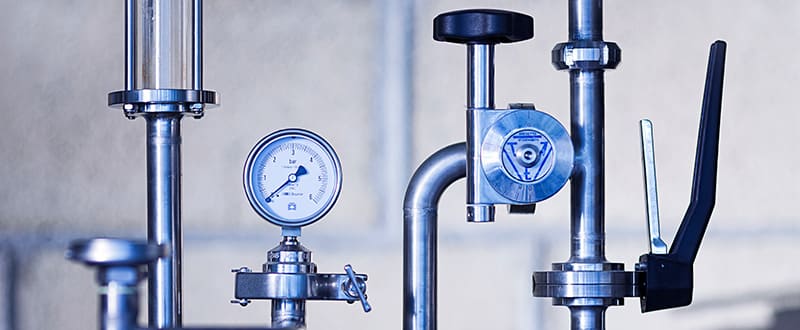
RESEARCHER IN IA-ENHANCED MULTI-SCALE MATHEMATICAL MODELLING
- On-site
- Compiègne, Hauts-de-France, France
- Computer sciences and engineering LMAC
Université de technologie de Compiègne is recruiting a researcher in AI-enhanced multiscale mathematical modelling for energy storage at the LMAC laboratory.
Job description
Université de Technologie de Compiègne is recruiting a contract researcher in AI-enhanced multiscale mathematical modelling for energy storage at the Applied Mathematics Laboratory - Computer Engineering Department, as part of the PostGenAI@Paris cluster.
Faced with the challenges posed by the most recent advances in artificial intelligence, several academic institutions with complementary expertise have come together to form the PostGenAI@Paris cluster. This consortium, capitalising on the experience and success of the Sorbonne Center for Artificial Intelligence (SCAI), an institute created by the Sorbonne University Alliance in 2019, is supported by more than 60 industrial partners. The PostGenAI@Paris cluster is the winner of the ‘IA-Cluster’ call for expressions of interest, worth €35 million over 5 years. Its primary ambition is to contribute to France's AI strategy by creating an international centre of excellence dedicated to post-generative AI.
For this project, the contract researcher will be able to combine in-depth technological monitoring with the development of robust and reliable mathematical models, with the aim of carrying out research into optimising battery performance.
Mission
The person recruited will contribute to AI-enhanced multi-scale mathematical modelling for energy storage.
Activities
Characterise in detail the electrochemical, thermal and mechanical phenomena that govern degradation and energy efficiency
Develop differential equations and statistical approaches capable of describing them accurately
Using these models, formulate optimisation algorithms to guide the design of new active materials and electronic management strategies.
Maintain an in-depth technology watch
Write scientific publications and present the results.
Context
Research aimed at maximising the performance of Li-ion batteries is now focusing on complex, coupled and time-resolved processes such as surface reactions. At the device level, data-driven approaches are being used to predict the state of health of a battery from a wide range of observables, with the aim of developing charging protocols that optimise battery life. However, current models suffer from the scarcity of available data. Energy storage - Li-ion batteries, supercapacitors or hydrogen systems - also involves physical and chemical phenomena that fluctuate under the effect of temperature, variations in charge and microscopic heterogeneities. To capture these uncertainties and realistically predict the evolution of the state of charge, degradation or the formation of unstable phases, we use stochastic differential equations (SDEs).
These add a random term to the classical deterministic equations, modelling thermal and material fluctuations. EDS can be used to quantify the probability of rare events - such as dendrite growth or thermal runaway - and to optimise charging protocols by taking risks into account, providing a robust mathematical framework for designing safer and more durable storage devices. Finally, between these two scales, in situ experiments provide crucial information on the state of health of model batteries. The mass of data thus generated represents an opportunity to apply AI approaches, in particular generative models coupled with physical constraints, to produce new data for chemistries that are more difficult to explore experimentally. By bringing together AI, accelerated atomistic simulations and EDS in a multi-scale framework, we are offering an integrated, physical and probabilistic vision of electrochemical storage - an essential approach for extending the life of devices, developing new materials and securing tomorrow's energy.
Additional information
Type of contract and expected dates of recruitment
Fixed-term contract - expected to last 24 months - to be filled as soon as possible and until 31/12/2029 at the latest
Gross monthly salary
According to experience and funding
Hours worked
1607 hours/year
Environment and working context
The person recruited will work in the LMAC/GI Applied Mathematics Laboratory and will support the team in its research and development activities in a stimulating and interdisciplinary scientific environment. The research team, which is involved in several national projects, offers a framework conducive to scientific development.
The person recruited will report to the UTC project manager and will maintain a regular dialogue with the latter and all the parties involved.
The PostGenAI@Paris cluster, an ambitious academic project led by Sorbonne University, is the winner of the ‘IA-Cluster’ call for expressions of interest.
This recruitment is funded by the French National Research Agency (ANR).
Job requirements
Diploma, training and accreditation
Diploma: doctorate
Field of training: applied mathematics.
Operational knowledge and skills
Machine learning problems
Functional analysis
Partial differential equations
Mathematical statistics
Mastery of Python.
or
All done!
Your application has been successfully submitted!

